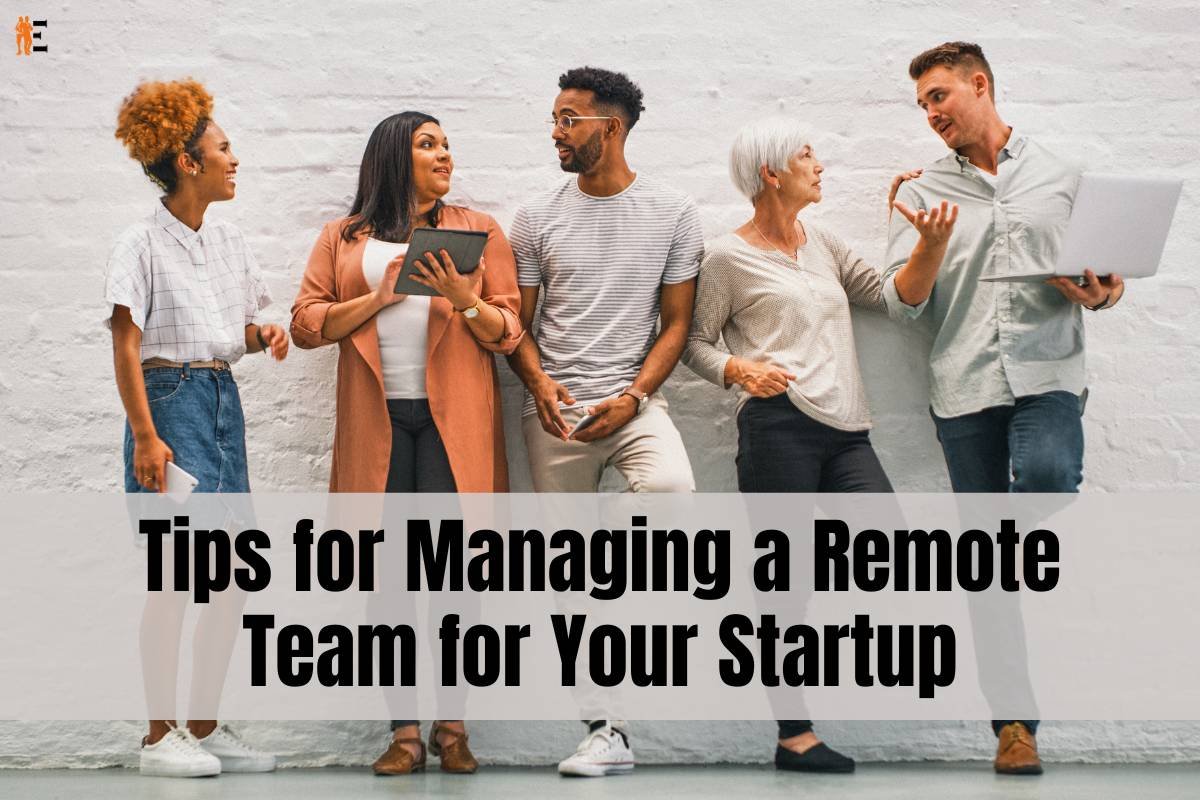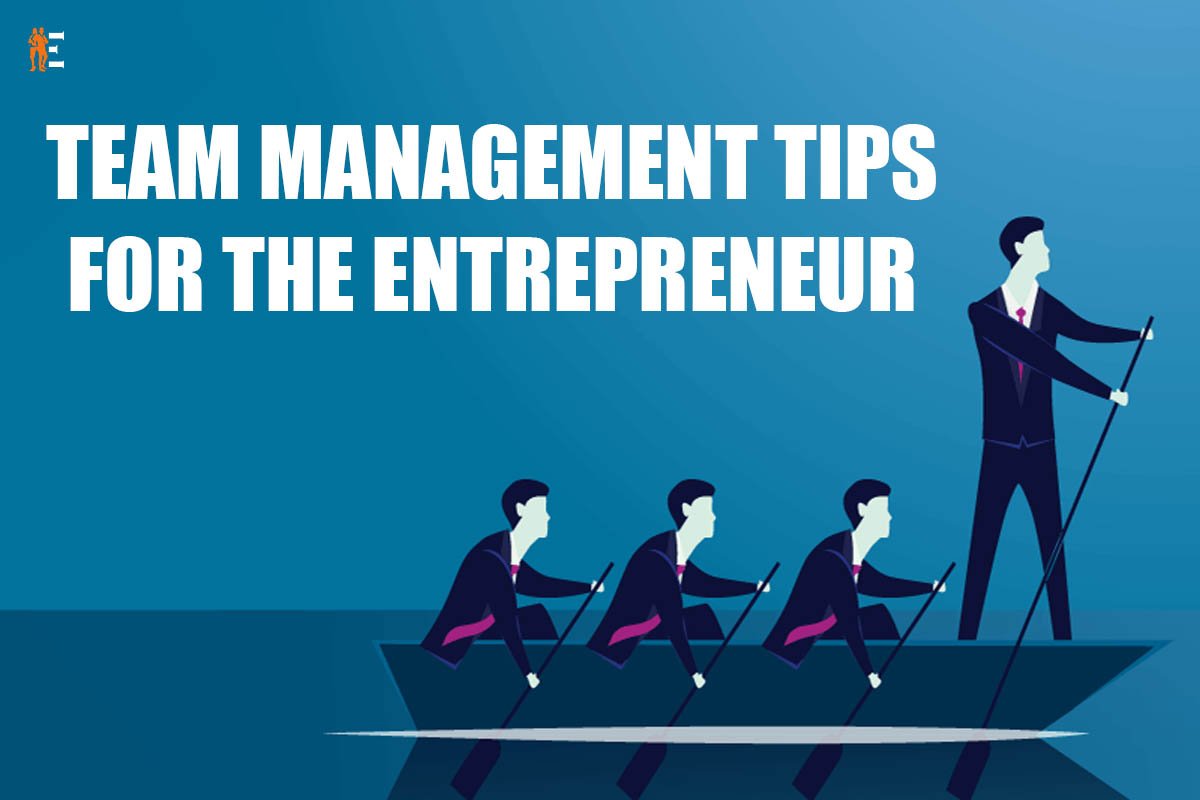Educational and organizational leadership is a collaborative process that brings together the skills and efforts of educators, students, and parents in order to enhance the overall quality of the educational system as well as the education received by students. Further information may be found in the article titled “Learning Organization: An Impact on Organizational Performance.” The effort put into persuading students, employees, and families to think, believe, and act in a way that is congruent with the objectives of the educational institution. You may learn more about being a culturally competent educational leader in the article titled “Becoming a Culturally Competent Educational Leader. The process involves bringing the skills of students, parents, and instructors together.
What is Organizational Leadership?

This is a strategic technique that helps simplify the entire operational understanding of a business to make sure that it is aligned with the organization’s overarching goal. The leaders of an organization are responsible for the management of their teams and for guiding those teams in the direction of the company’s roadmap. The primary purpose is to determine how elevating staff members’ agency and providing them with appropriate training will boost workers’ levels of intrinsic motivation and bring them closer to realizing the organization’s goals. The trick is to combine efficient management strategies with a solid grasp of human psychology in this situation.
Here is the difference between educational and organizational leadership;

- Each and every leader have their own set of distinctive characteristics. The same may be said for all other school administrators. Nonetheless, there are characteristics that set educational leaders apart from the rest of the pack.
- The desire of educational leaders to share their approaches with others, including those whom some may consider their “competition,” is one of the most important attributes they possess.
- If an educational institution is aware of the possibility to assist students, they will do so, despite the fact that doing so may reduce the institution’s competitive edge.
IN CONTRAST, ON THE OTHER HAND
Jobs in educational and organizational leadership are influenced both by the firm that an individual works for and by the role itself. While it is a valuable ability, “organizational leader” is not often the actual title that is given to those who possess it. Employees who go on to become leaders in an organization are first referred to as “high potential” candidates (HiPos). They take educational and organizational leadership positions with management and director-level titles such as dean, provost, general counsel, chief financial officer (CFO), and a variety of other titles as they progress through the ranks of the corporation, business, or nonprofit in which they are employed.

Leaders in an organization should strive to act in a way that is beneficial not just to the individual but also to the company as a whole. They utilize their knowledge of personality, relationships, work ethic, business, educational and organizational leadership attitude in order to assist in ensuring the success of the company as well as its people by working to empower workers at all levels of the organization.
A mindset that is conducive to leadership includes the ability to view disagreement as an important component in the learning process, to view obstacles and setbacks as opportunities for growth, and to recognize underperforming employees as individuals who require support in order to realize their full potential. The following are some other qualities of an effective organizational leader that may contribute to the development of good connections between leaders and employees:











